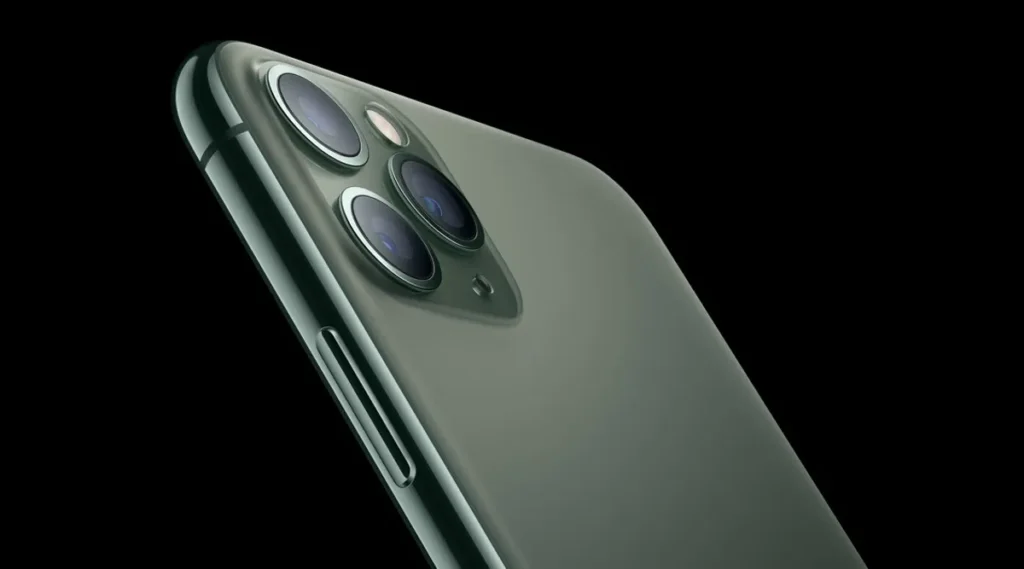# Apple Introduces Innovative Technology for Easy iPhone Battery Replacement
In a bid to simplify iPhone repairs and combat e-waste, Apple is said to be working on a revolutionary technology that will streamline iPhone battery replacements. This development comes as Apple gears up to meet forthcoming European Union (EU) regulations focused on enhancing device repairability and sustainability.
## Electrically Induced Adhesive Debonding: A Game-Changing Technology
Apple’s pioneering technology, known as “electrically induced adhesive debonding,” is poised to transform the process of removing and replacing iPhone batteries. Unlike the current intricate procedure involving specialized tools and adhesive strips, this new method will entail encasing the battery in metal instead of foil. This innovative approach will enable easy battery removal through a minor electrical current.
## Streamlining Repairs and Tackling E-Waste
The implementation of this groundbreaking technology is expected to significantly reduce the time and effort required for battery replacements, benefitting both repair technicians and end consumers. By enhancing the accessibility of battery replacements, Apple aims to incentivize users to opt for battery replacements rather than discarding their old iPhones, thereby contributing to a substantial decrease in electronic waste.
## Apple’s Strategy and Compliance with EU Regulations
Reports suggest that Apple may debut this technology in at least one model of the iPhone 16 later this year, with plans to extend its integration to all iPhone 17 models by 2025 pending successful trials. This initiative aligns with the EU’s recent Batteries Regulation, which mandates that portable device batteries be easily removable and replaceable by 2027.
## Addressing Challenges and Implications
While the new technology promises simplified battery removal, users will still need to open the iPhone themselves, which presents a challenge due to the device’s sealed design. Apple, in conjunction with other smartphone manufacturers, will need to make further design adaptations to fully adhere to the EU’s repairability objectives.
## Insights from Industry Experts
Renowned analyst Ming-Chi Kuo had hinted at this development, suggesting that the iPhone 16 Pro Max could feature a higher-density battery with a stainless steel case, possibly linked to the new technology. Kuo emphasized that this shift could enhance heat dissipation and align with impending EU legislation.
## A Greener Future Ahead
Apple’s commitment to facilitating easier battery replacements represents a significant stride towards a more sustainable and user-friendly approach to device repairs. As Apple continues its innovative endeavors, the impact of this technology on the future of iPhone repairs and its contribution to a more environmentally conscious electronics industry remains to be seen.
By incorporating this groundbreaking technology, Apple sets a progressive example for the tech industry and paves the way for enhanced sustainability and user experience in electronic device repairs.

